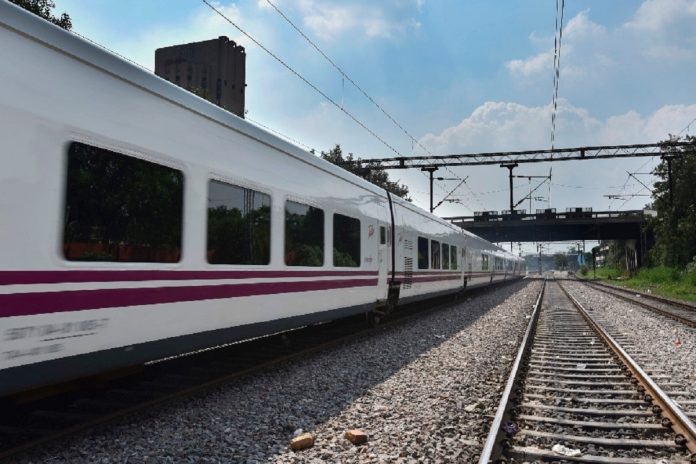Snapshot
Passing through 10 out of 14 districts of Kerala, the journey would be covered in less than four hours with stoppages at 11 stations between Thiruvananthapuram and Kasaragod.
Drawing out an action plan for the first semi-high speed train service of the state, Kerala has geared up to complete the ambitious project connecting Thiruvananthapuram to Kasaragod in time.
Dubbed as the Silver Line, the 530-km-long semi-high speed rail
connecting the north and south regions of Kerala, with an operating speed of 200 km per hour, is estimated to cost Rs 63,941 crore.
The Silver Line alignment of the line has been selected as per Kerala’s longitudinal geography to cover area and provide maximum benefit.
Passing through 10 out of 14 districts of Kerala, the journey would be covered in less than four hours with stoppages at 11 stations between Thiruvanathapuram and Kasaragod.
The intermediate stations include Kollam, Chengannur, Kottayam, Ernakulam, Kochi Airport, Thrissur, Tirur, Kozhikode and Kannur.
Aiming at providing a total of 37 services with an interval of 20 minutes in between, the Silver Line is expected to bring about substantial reduction in road accidents due to congestion on roads.
“Currently, it takes about 12 hours to reach Thiruvananthapuram from Kasaragod. So the Silver Line is expected to bring in a remarkable change in the local commute, which will not only reduce travel time drastically but also improve quality of transportation in the state,” said a senior official involved with the project.
The Detailed Project Report (DPR), prepared by the Kerala Rail Development Corporation Limited, a joint venture between the Government of Kerala and the Railways Ministry, has been given a completion target of 2025.
The Silver Line expects a ridership of about 70,000 passengers a day. It is estimated to carry about 1,330 travellers in one direction during peak hours.
The project is being funded by multilateral agencies and both the Railways and the state government will need to provide land and other allied expenses.
The project also aims to introduce a roll-on/roll-off (RORO) train service to transport vehicles such as trucks, cars and lorries in an environmentally friendly manner.


